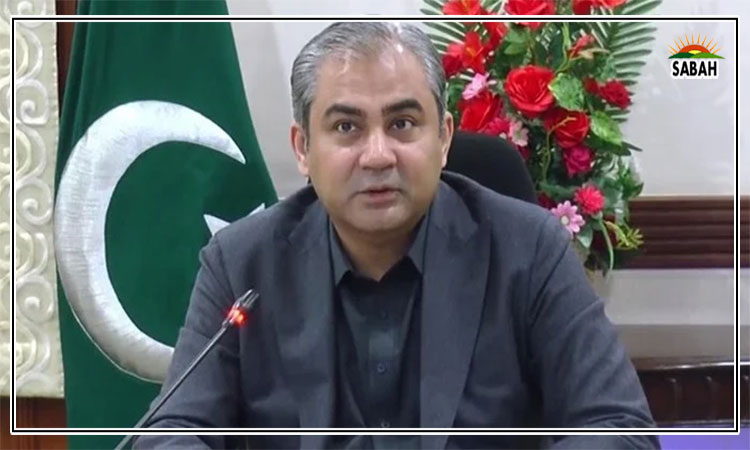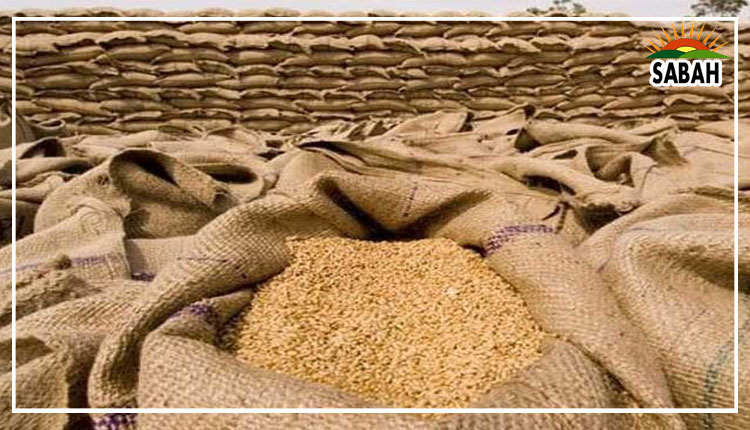World Bank suggests Pakistan to eliminate its role gradually in the public procurement of wheat
SLAMABAD, Feb 16 (SABAH): World Bank has suggested Pakistan to eliminate its role gradually in the public procurement of wheat.
World Bank has recommended few steps for uplift of the agriculture sector, by suggesting implementation of 6 new initiatives for smooth functioning of agriculture sector, without involvement of government.
World Bank has suggested Pakistan to reduce wheat market distortion through the rationalization of public procurement. The government could gradually reduce its role in the public procurement of wheat and its objective must be to maintain a strategic reserve with as little market distortion as possible. The strategic reserve may be used for price stabilization only if prices exceed an acceptable range.
In second recommendation, WB has suggested Pakistan to encourage competition, with the combination of import tariffs, barriers to entry, and a minimum support price has created the conditions for anti-competitive practices, especially in the sugar industry. Easing barriers to trade and paring down protection of the industry may reduce the incentives for collusion between efficient and inefficient mills. The third recommendation has suggested Pakistan to invest in research and extension services and encourage high-value agriculture (HVA) through research and extension services and the removal of policies that pull resources away from HVA to low-value commodities. The fourth recommendation, required Pakistan to strengthen global trade linkages, strengthen institutional capacity and improve the infrastructure required to facilitate trade, both imports and exports, and maintain linkages with traditional and non-traditional suppliers through standing emergency arrangements.
Fifth recommendation recommended Pakistan to De-cap milk and meat prices and allow working the market on demand and supply and said that while this measure may not reduce retail prices in the short run, it would reduce the pressure on farmers to sell their produce at low prices. This could incentivize more investment in production and storage facilities at the farm level that could, in the medium run, help bring down prices. Sixth recommendation, WB asked Pakistan to make information accessible for research and decision makers, and develop a harmonized platform for federal and provincial governments to monitor the food system. The platform should track changes in global supply and demand, currency exchange rates, local production and consumption, carry-forward stocks, private sector stocks, production and public procurement in all provinces/areas, as well as trade. Improve the accessibility of farmers to market information, in order to help them make informed cropping decisions based on weather patterns, pest infestation and future prices.












